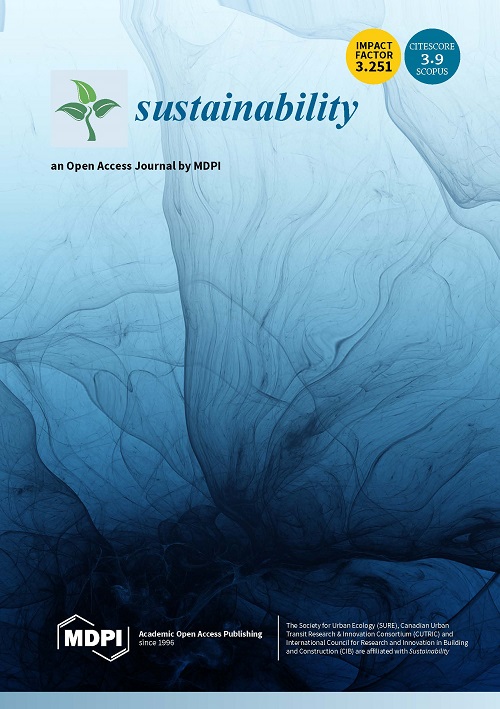Adaptation to climate change has remained a major socio-ecological issue in the Northern Region of Cameroon since 1973. Presently, this region is subject to the severe chaos of drought, floods, and ecosystem degradation, causing harm and disrupting climatic patterns. Climate change results in the drying of surface water and crops, threatening food security and the well-being of households. It has a serious impact on the entire agricultural production system at global scale. Here, it is suggested that successive adjustments to deeper systemic and transformational adaptations through efforts from NGOs, the Government, and donors, as well as innovations, are necessary to offset the negative impact of climate change on the agricultural value chain. Therefore, this research aimed to identify adaptation strategies and practices for rural communities and households, who suffer from limited access to these agricultural innovations, for a transformative adaptation. Through surveys and focus group discussions carried out in several villages in the Northern Cameroon Region, this study provides empirical data on emerging agricultural innovations in contrasting socio-economic, agricultural, and ecological contexts. Our findings demonstrate that agricultural innovations fostered at the village level have several characteristics that contribute to adaptation and mitigation of the impact of climate change. To begin with, conservation agriculture is very interesting, because crop residues left on the soil protect it from rainfall and dry winds, and gradually add humus to the top soil. In addition, agroforestry plays an important role for the household regarding ecosystem services, including food supply, soil fertility, protection from erosion, regulation of water regime, and sociocultural value. Generally, heads of households (83%) were more involved in innovative initiatives than other social strata, resulting in unequal access and proximity to agricultural innovations. Furthermore, the results highlight a significant lack of coordination and poor visibility of permanent structures supporting agricultural innovations at local level, weakening the sustainable transformation of adaptation. From a scientific perspective, this study could help build a conceptual relationship between agricultural innovation and sustainability transformation, i.e., a climate-smart agriculture. In practice, it provides levers that can be used to multiply and expedite agricultural innovation processes, water conservation, and livestock sustainability, thus contributing to the sustainability of the whole agricultural system in Cameroon and within the Sahel region of Africa.
DOI:
https://doi.org/10.3390/su162210096
Puntuación Altmetric:
Dimensiones Recuento de citas:



















